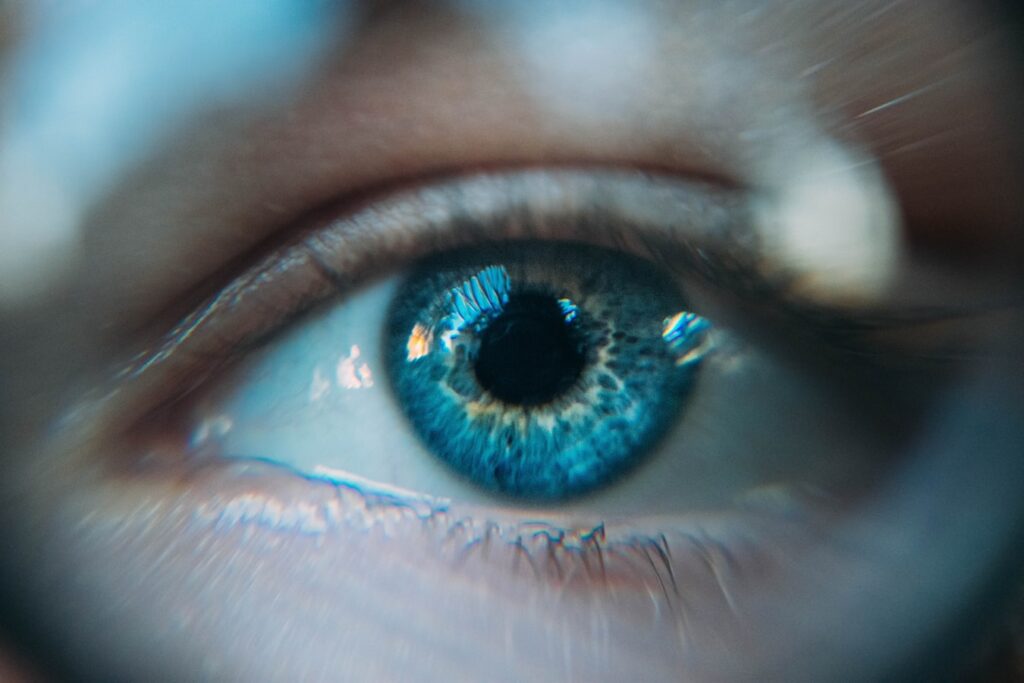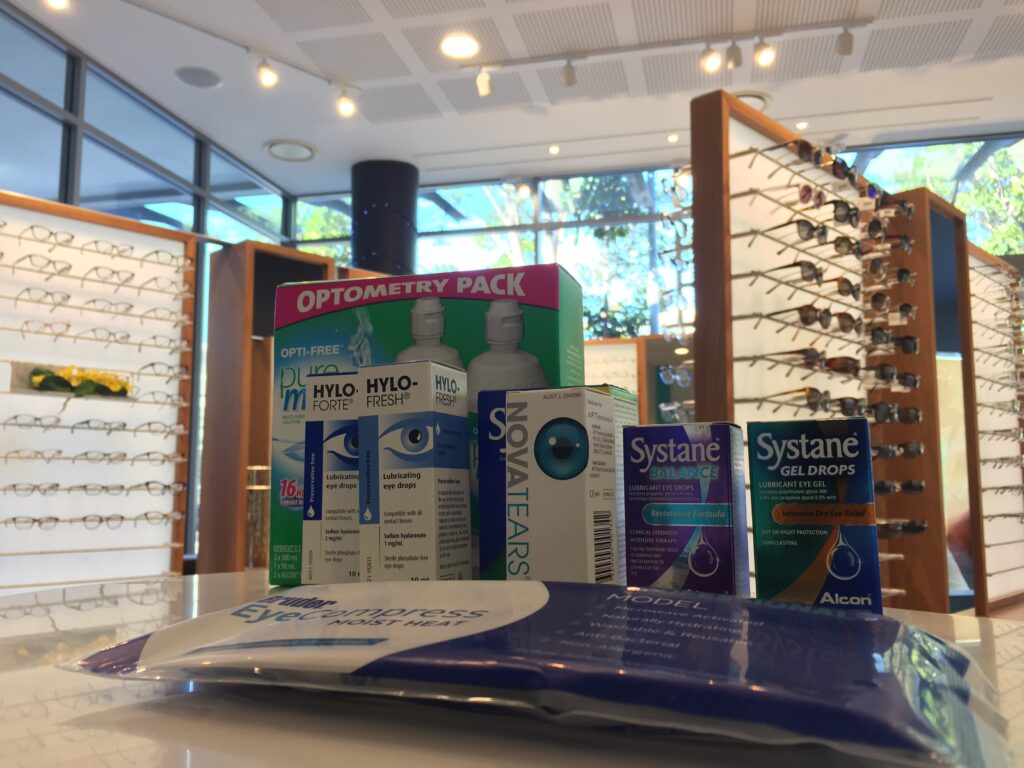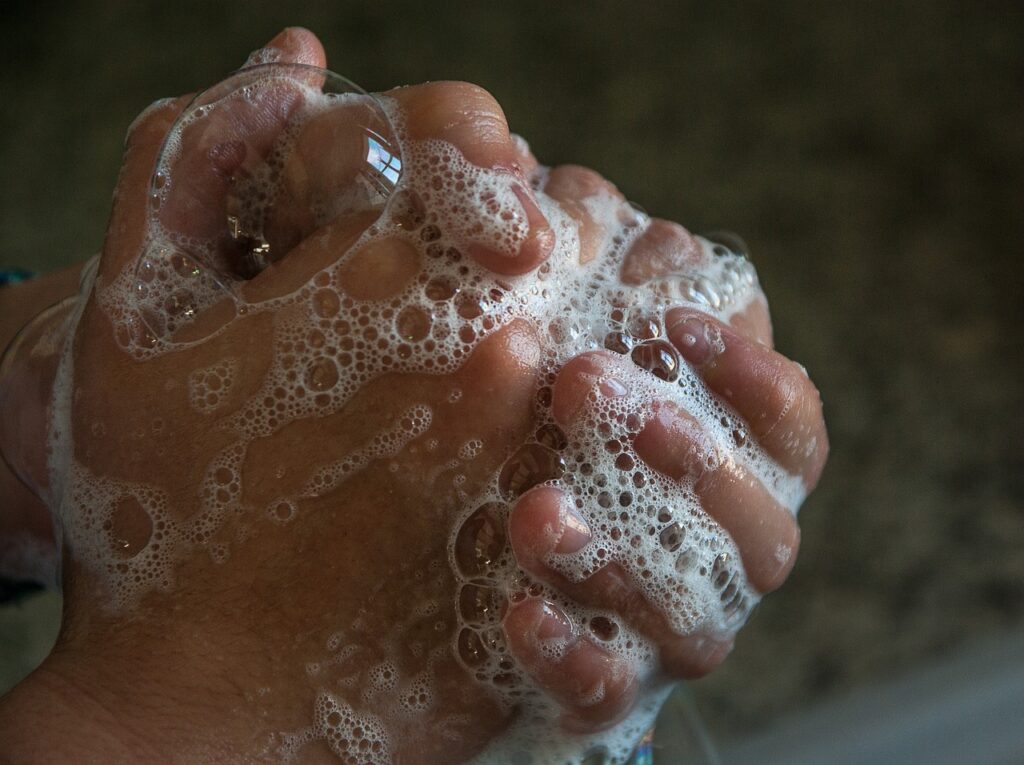Everything you need to know about Conjunctivitis

Also known as ‘sticky eye’, conjunctivitis is an inflammation of the lining of the eye and eyelid caused by bacterial infection, viral infection, allergies, irritants such as dust or chemicals, and is highly contagious.
How do I know if I have Conjunctivitis?
Common Symptoms of conjunctivitis include;
- the forming of tears and watering of the eyes
- redness in whites of the eyes
- a yellow or green coloured discharge, usally worsening on waking
- swelling of the eyelids
- crusty eyelashes
- itchy, stinging or burning eyes
- sensitivity to light
What causes Conjunctivitis?
Caused by a number of different variables, conjunctivitis is most commonly the result of bacterial infecting the eye or surronding region.
- viral infection
- bacterial infection
- allergy
- a foreign body in the eye
- irritants such as dust or chemicals
- air irritants such as pollen and smoke
- ingredients in cosmetics, or other products that contact the eyes
- a blocked tear duct (in babies)
What is the difference between baterical conjunctivitis and viral conjunctivitis?
- Allergic conjunctivitis is caused by an acute type I hypersensitivity to common allergens. Symptoms include itchy eyes, watery or stringy discharge, chemosis, eyelid edema, rhinitis, and an “allergic shiner.” Eye allergies, like other types, can be triggered by allergens including pollen, animal dander and dust mites.
- Viral conjunctivitis is more common in older children and adults than it is in preschool-aged children. Viral conjunctivitis is highly contagious and is characterized by watery discharge. Viral conjunctivitis is another common type of pink eye that is highly contagious as airborne viruses can be spread through sneezing and coughing. Viral conjunctivitis can also accompany common viral upper respiratory infections such as measles, the flu or the common cold. Treatment of viral conjunctivitis usually involves supportive therapies, such as eye drops, that help reduce the symptoms
- Bacterial conjunctivitis is a common type of pink eye, caused by bacteria that infect the eye through various sources of contamination.Acute bacterial conjunctivitis is most frequently observed among infants, toddlers, and preschool-aged children. Bacterial conjunctivitis is characterized by mucopurulent discharge with matting of the eyelids. Treatment of bacterial conjunctivitis is typically accomplished with topical antibiotic eye drops and/or eye ointments. The treatment usually takes from one to two weeks, depending on the severity of the infection.
How is Conjunctivitis treated?
Depending on the type and intensity of conjunctivits there are mutliple methods of treatment that can be appilied.
- Book an eye test with our optometrsits to allow them to distinigush between the three and pescribe apporpiate means of treatment
- Viral infections improve without treatment, but bacterial infections require antibotic eye drops. It can be difficult to tell them apart.
- Allergic conjunctivitis is treated with antihistamine drops or tablets, and conjunctivitis due to irritants may be helped by anti-inflammatory drops.

Tips on avoding catching and spreading conjunctitivits
- Avoid sharing personal items such as washcloths, hand towels or tissues.
- Cover your nose and mouth when coughing or sneezing.
- Avoid rubbing or touching your eyes.
- Wash your hands frequently, especially when spending time at school or in other public places.
- Keep a hand sanitizer nearby and use it frequently.
- Frequently clean surfaces such as countertops, bathroom surfaces, faucet handles and shared phones with an antiseptic cleaner.
- If you know you suffer from seasonal allergies, ask your doctor what can be done to minimize your symptoms before they begin.
- If you wear contact lenses, follow your eye doctor’s instructions for lens care and replacement, and use contact lens solutions properly or consider switching to daily disposable contact lenses.
- When swimming, wear swim goggles to protect yourself from bacteria and other microorganisms in the water that can cause conjunctivitis.
- Before showering, remove your contact lenses to avoid trapping bacteria between your eyes and the lenses.

If you think you have conjunctivitis don’t hesitate to make a booking and look after the health of your eyes! To find out more call the team on 9918 0616.







